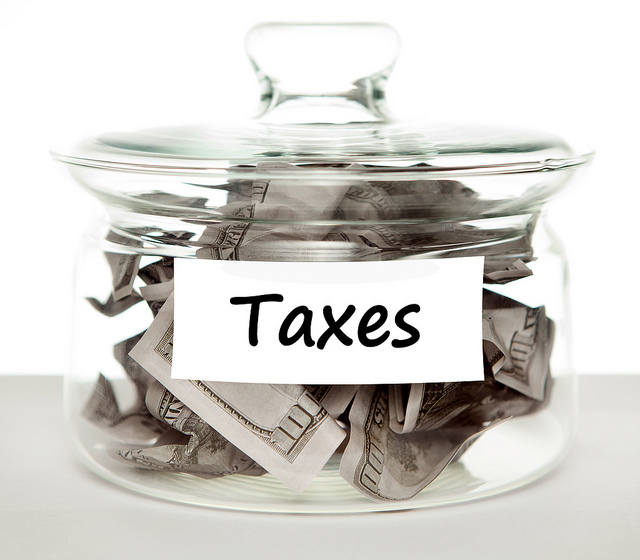If you’re a home-based business owner, you’ve probably heard you’re lucky to work from the comfort of your home. But, you know running a home business is not all fun and games. From understanding government rules to staying motivated working at home, it’s not easy.
One of the most difficult tasks for home business owners is tax planning. To maximize your next refund, follow these home business tax tips.

1. Know your startup costs
Are you a new home-based entrepreneur? If so, keep careful records of your expenses. You can deduct business purchases made in the first year. The write-off helps you absorb costs that come with opening a business.
Each expense must have been made for the sole purpose of your business. Defining initial business expenses can get confusing. But, essentially, you can split them into two categories:
- Amounts paid to investigate your entrepreneurial idea
- Amounts paid to start the business
You can deduct up to $5,000 in the first year of business if you have less than $50,000 in startup expenses. The deduction reduces your taxable income, meaning the taxes you owe will be less.
If you have more than $5,000 in startup costs during the first year, you can amortize the amount for 15 years. To amortize the costs, you will claim write-offs of equal amounts over the 15 year period.
2. Claim the home office deduction
Tax write offs are not just available to those new to business ownership. There are special home business tax write-offs reserved for home business owners. If you primarily run your business from home, you might be able to claim the home office deduction.
The home office deduction allows you to write off home expenses designated for business purposes, including rent, insurances, and utilities. You can only claim the parts of your home that are exclusively used for business.
There are two ways to deduct home office expenses. You can measure the actual business expenses against all the costs of your home. This method requires very thorough recordkeeping, and it is more difficult and time consuming.
You can also use the simplified method to claim the deduction. Using the simplified method, you deduct $5 per square foot of the space in your home used for business. You can deduct up to 300 square feet, or $1,500.
To write off startup costs as a home business owner, you must have records of the expenses. Keep a ledger that lists each expense as it is incurred.
3. Organize your finances
You need accurate records to report income and expenses to the government. Learning how to organize your business finances all year long will make tax filing season a breeze.
Don’t rely on bank statements for correct records. You need original documents that back your reports, like receipts, bills, and purchase orders. Make notes on your receipts of what the expense was for, and include job numbers and customer names. File these documents neatly or upload them to your computer.
Track every transaction you make for your business. Schedule a time each week to organize your records and make sure your books are up-to-date.
You can use basic online software to streamline your books. The software lets you create accounts that organize transactions into categories. You enter transactions into the correct account, and the software system calculates totals for you. Often, software programs compile your information into financial reports.
4. Separate personal and business funds
As a home business owner, you need to keep personal money apart from business funds. Separating your company’s money helps you see how much cash your business has. You can also track progress and avoid overspending by separating business funds.
Open separate bank accounts for your business. Only use the accounts for incoming and outgoing business funds. Once you set up your business accounts, use the statements to manage cash flow and check your books for errors.
You can also open a business credit card for your home-based company. A business credit card gives you access to funds and can help you finance business operations. Using a credit card for business helps you build company credit and track expenses. Be sure to pay down the money owed to avoid incurring too much interest or debt.
Find a Home-Based Business to Start-Up >>> Hundreds of Business Listings.













































